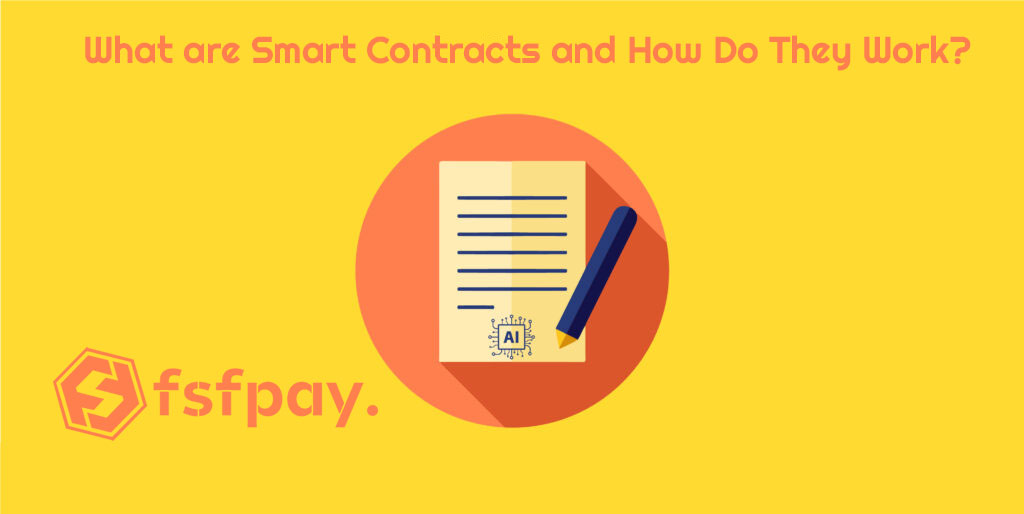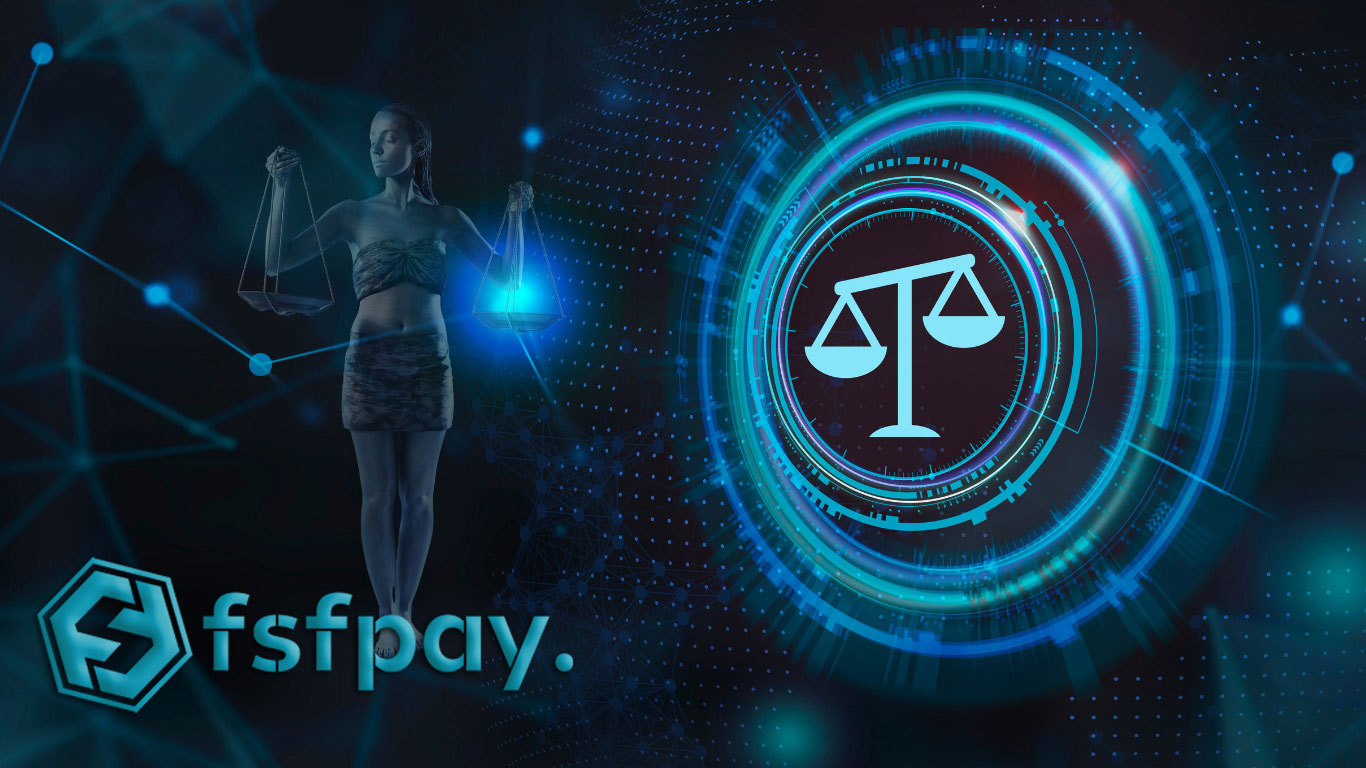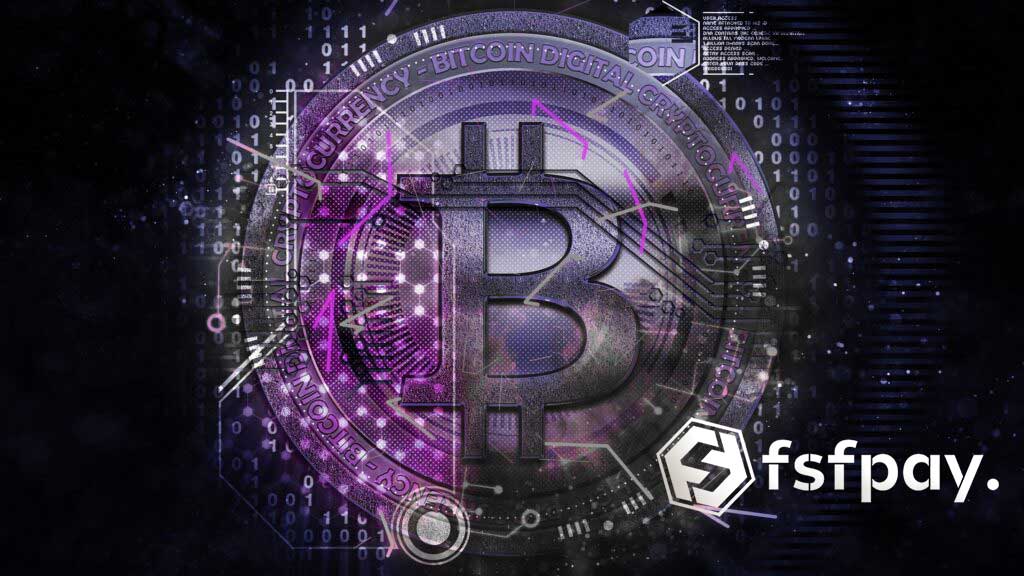

What are Smart Contracts and How Do They Work?
The foundations of Smart Contracts were laid by Nick Szabo in 1993. Szabo programmed the information in traditional written contracts, such as the information of the parties, the purpose of the contract, the consent of the parties, the goods and payments subject to the contract, on the computer. In addition, it aimed to make the contract concept in a formal way, but more inexpensive and reliable.
Vitalik Buterin, the founder of Ethereum, made Smart Contracts a piece of code that works on the blockchain and made it available. Smart Contracts are autonomous, automating any task on its own when programmed. According to Buterin, Blockchain should not only be a means of storing assets or producing digital money, but also the transfer of digital assets or the storage of information. In this case, Ethereum comes into play. We can say that Ethereum has become the largest computer in the world, thanks to the simultaneous processing of the contract.
Thanks to Ethereum's contribution to Blockchain, third parties are eliminated and there is no need for any institution or intermediary. In this way, you do not have to pay high transfer fees and time is saved as the transfer is made within minutes. Therefore, we can say that the positive contributions of Smart Contracts, especially to business life, are very important. So, to summarize briefly, people sign contracts by coding simultaneously on the world's largest computer.
To explain how the Smart Contract works through an example; Imagine you are going to buy a car. When you buy the car and deposit its value to the other party's account, the car license must be transferred to you. Normally, a third party such as a bank and a notary is needed in such handover transactions. While you receive service from these intermediaries on certain days and in return for a high commission, thanks to the Smart Contract, you can make transactions with zero commission and on the day and time you want.
When you create code with Ethereum's Smart Contract, "When I pay this much Bitcoin or Ether, the license will be transferred to me." is written. This transaction propagates across the Ethereum network and it is important that you save this code irreversibly. Because this code cannot be undone, hacked or changed once it is spread on Ethereum's blockchain network. Thus, Smart Contract has led to major changes in terms of privacy, reliability and convenience by eliminating third parties. Even in the field of healthcare, it also offers opportunities for the security and confidentiality of patient data.
Usage Examples of Smart Contracts in Business
Nebula Genomics (Nebula Genomics 2018)
Nebula Genomics is a project in which the human genome sequence is extracted and billions of dollars are spent for this purpose. Today, you can have your own genome sequenced for less than $1000. It is thought that it may drop to $100 in the future with advancing technology. With the information in the genome sequence, it is aimed to make diagnoses easier, prevent diseases, and disseminate personalized medicines. However, it is very important to protect the confidentiality of important data such as the human genome. For this reason, using blockchain technology allows a person to preserve their genome sequence without having to trust third parties. Since the fee for extracting the genome sequence is paid with the cryptocurrency created by Nebula, the owner of the genome sequence remains confidential. In addition, no one other than the person can know who the genome sequence extracted on the blockchain belongs to.
Medicalchain and Medibloc (Medicalchain 2018, Medibloc 2018)
It is a more comprehensive version of the content targeted by Nebula Genomics. It is not limited to just genome sequence data, it aims to host all medical records of patients on the blockchain network. As with Nebula Genomics, it gives patients the opportunity to become the sole true owner of their medical records. The fact that patient medical records are kept in different centers prevents the integration of patient information between institutions, which causes the same tests to be performed repeatedly in different institutions. Failure of hospitals to adequately protect patient data causes violation of patient privacy. Medicalchain and Medibloc never allow data to be hacked with blockchain technology.
Skychain (Skychain 2018)
It aims to develop artificial intelligence technology by integrating it with blockchain technology and use it in the field of health. Since a huge amount of data is needed to train artificial intelligence, it requires a huge storage center (server) for this data. However, Skychain says it has overcome this problem by involving computers scattered around the world with blockchain technology.
Random Post

Personality Analysis of L...
Libra cryptocurrency investors are known for their analytical thinking. Libra investors attach great importance to maintaining balance in their portfolios. Diversifying cryptocu...

Chinese Court Recognises ...
In the court held that Bitcoin is a digital asset, it was stated that it should be protected by law. On 6 May, according to the news made by Baidu, an important and major step w...

Bitcoin is No Longer a To...
Crypto analyst PLanB summarised Bitcoin's ten-year adventure and stated that crypto money is now a more serious business.
PlanB told Peter McCormack in his broa...

